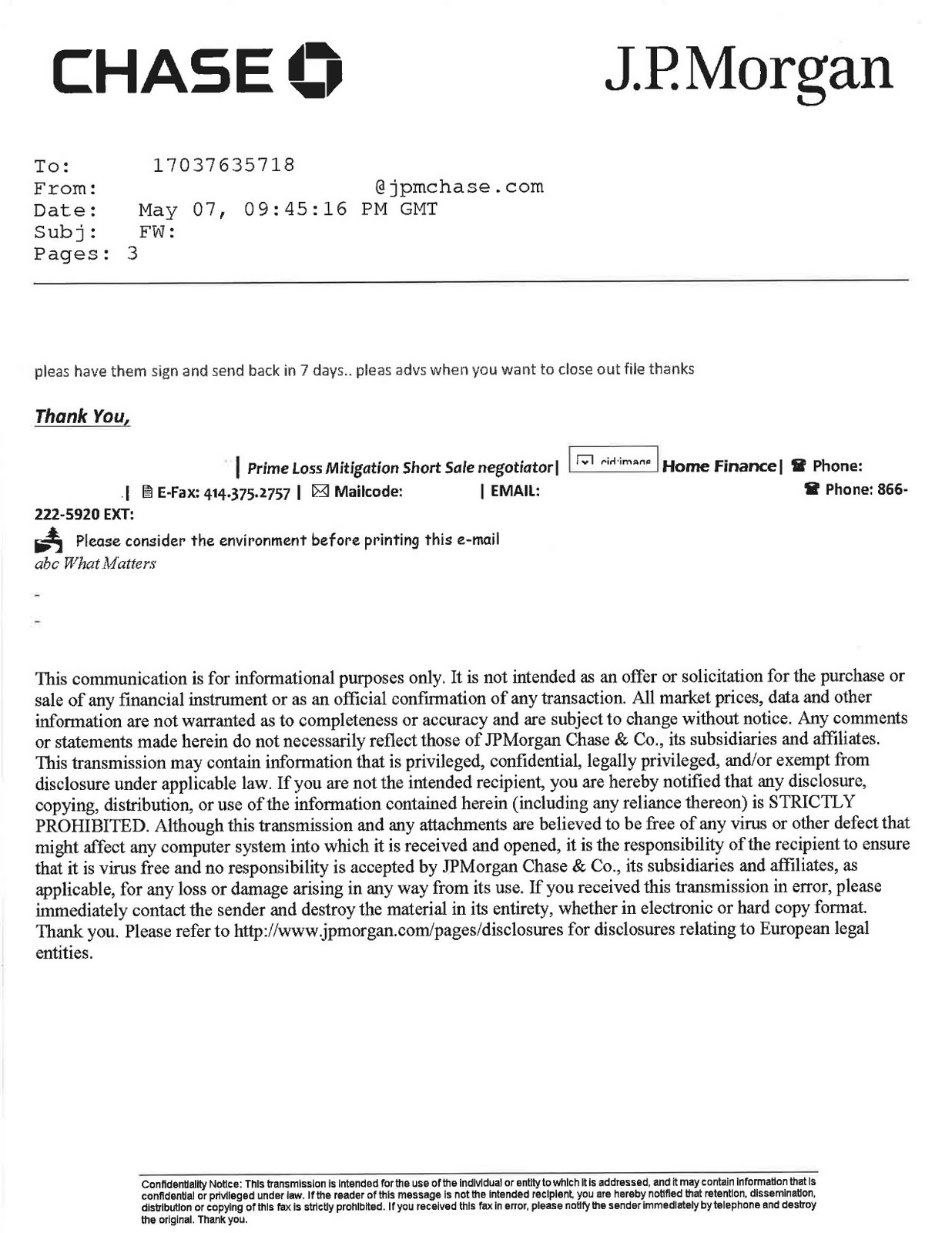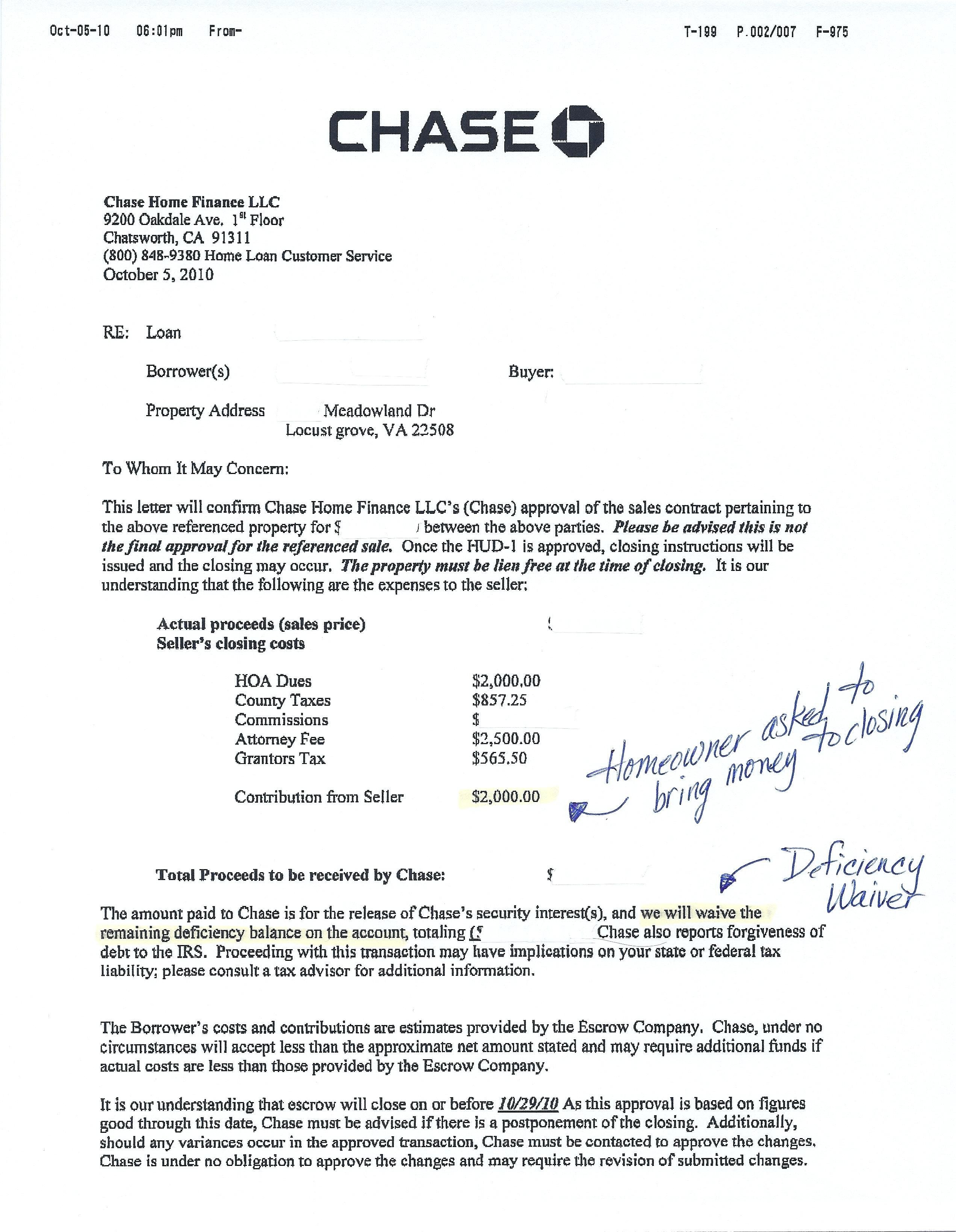Chase Mortgage: Preapproval, Rates & Homebuying Insights [2024]
Are you ready to embark on the exciting journey of homeownership, but feeling a bit lost in the mortgage maze? Understanding the nuances of mortgage preapproval is absolutely crucial, and can significantly impact your homebuying experience, making the difference between a smooth process and a stressful one.
The path to owning a home is paved with crucial steps, and understanding these steps is important. For many, that path begins with securing a mortgage. But before you start picturing yourself in your dream home, there's a critical preliminary stage: the mortgage preapproval process. It's a cornerstone of responsible homebuying, yet its complexities are often misunderstood. This article delves into the world of mortgage preapproval, specifically focusing on the practices of Chase, a major player in the mortgage lending landscape. While Chase doesn't offer mortgage prequalification, they do offer mortgage preapproval. We'll explore the differences, the importance of each, and how to navigate the process effectively.
The terms "mortgage prequalification" and "mortgage preapproval" are frequently used interchangeably, which can lead to confusion. However, understanding their distinct roles is essential. Think of it this way: prequalification is like a preliminary handshake, a casual assessment of your financial standing. It provides a rough estimate of how much you might be able to borrow. Preapproval, on the other hand, is a more in-depth investigation. It's a more formal commitment from the lender, based on a thorough review of your financial documents. Chases approach leans towards the latter, offering a more robust preapproval process to guide you through the affordability journey.
So, what exactly does Chase bring to the table in this regard? Once youre ready to start the homebuying process, Chase encourages you to connect with a home lending advisor. This advisor will guide you through the mortgage preapproval process, known as the affordability_hl000008 process. This process initiates a more thorough examination of your finances. This process involves an evaluation of your credit score, income, debts, and assets. Providing proof of your financial stability, such as pay stubs, account statements, and a detailed list of your expenses, is essential. The objective is to provide Chase with a comprehensive view of your financial profile.
The Chase mortgage preapproval process, like those of other major lenders, hinges on a detailed assessment of your financial health. This scrutiny includes a hard credit check (hard inquiry), which, unlike a soft credit check, can temporarily impact your credit score. Your credit score is a pivotal factor, influencing not only your approval chances but also the interest rate offered on your mortgage. A higher credit score often translates into a lower interest rate, saving you money over the life of the loan.
The value of preapproval extends beyond just knowing how much you can borrow. It arms you with a powerful tool when negotiating with sellers. A preapproval letter demonstrates that a lender has vetted your finances and is willing to provide the loan, which can give your offer an edge over other potential buyers who haven't undergone this process. It also helps you narrow your focus when house hunting. Knowing your budget limits allows you to concentrate on properties that fit your financial capabilities, saving you time and preventing disappointment.
The preapproval process with Chase provides a clearer path, offering insights into the types of mortgage loans available. You can explore options like fixed-rate mortgages, adjustable-rate mortgages (ARMs), and potentially even low down payment options or jumbo mortgage loans, depending on your financial situation. This allows you to make informed decisions about the best mortgage for your specific needs.
Let's address a common concern: Does prequalification affect your credit score? While the initial prequalification might not have a significant impact, the subsequent preapproval process, with its more thorough credit check, can. This hard credit inquiry can temporarily lower your score, but the impact is usually minimal and short-lived. The benefit of securing a mortgage, however, often outweighs the temporary credit dip.
A crucial consideration is the estimated timeline. From the moment your offer is accepted to the closing date, the process ideally takes around 30 days. This timeframe allows ample time for the necessary procedures, including the appraisal report, which assesses the property's market value. It's important to note that external factors, such as the appraisal process and the completion of conditions set by the lender, can potentially extend this timeline. Understanding this timeframe can help you manage expectations and keep the process moving smoothly.
The next step is to satisfy any conditions stipulated by Chase. These can include providing proof of homeowner's insurance or making specific repairs to the property. Once all conditions have been met, you proceed to the closing stage. At this juncture, you finalize the loan documents and take ownership of your new home. Therefore, it's wise to be prepared for contingencies and any unexpected requirements that might arise during the closing process.
Navigating the mortgage process can be complex, but understanding the basics, such as the difference between prequalification and preapproval, is vital. While Chase doesnt offer mortgage prequalification, their preapproval process is a comprehensive way to evaluate your mortgage options. By working with a home lending advisor, providing the necessary documentation, and understanding the potential for a hard credit inquiry, you can increase your chances of a smoother, more successful homebuying experience. Remember that this information is intended for informational purposes only and doesn't constitute financial advice.
Here's a table summarizing key aspects of the mortgage preapproval process at Chase and how it aligns with the broader homebuying journey:
| Aspect | Details |
|---|---|
| Prequalification vs. Preapproval | Chase focuses on preapproval, a more in-depth process than prequalification. |
| Process Initiation | Connect with a Chase home lending advisor. |
| Financial Assessment | Review of credit score, income, debts, and assets. Requires providing financial documents. |
| Credit Check | Hard credit check (hard inquiry) is required, which may temporarily affect your credit score. |
| Benefits of Preapproval | Determine how much you can borrow, strengthen your offer when negotiating with sellers, and narrow your search to suitable properties. |
| Mortgage Options | Explore various options such as fixed-rate mortgages, adjustable-rate mortgages (ARMs), and potential low down payment or jumbo loans. |
| Typical Timeline | From offer accepted to closing, the process usually takes about 30 days, depending on external factors. |
| Contingencies and Conditions | Be prepared to fulfill certain conditions like providing proof of homeowner's insurance or property repairs. |
| Closing Process | Finalize the loan documents and officially take ownership of your home. |
| Chase services | Offers an array of mortgage options and guidance. |


:max_bytes(150000):strip_icc()/PreQualification.folger-5c19152c46e0fb0001719e6b.jpg)